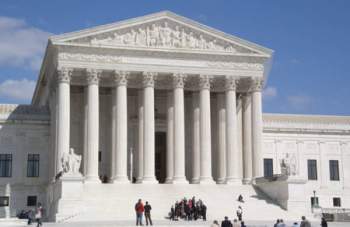
Takao Ozawa v. United States

Takao Ozawa v. United States: The Background
Takao Ozawa v. United States was a landmark Supreme Court Case that found Takao Ozawa, a Japanese male, ineligible for naturalization.
Naturalization refers to the acquisition of citizenship by an individual who was not a citizen of the country at their time of birth. In general, basic requirements for naturalization require the application to hold a legal status as a full-time resident and a promise to obey that
Country’s laws.
Ozawa applied for naturalization on October 16th of 1914 to the District Court for the Territory of Hawaii to be admitted as a citizen of the U.S. Ozawa’s petition was opposed by the U.S. District Attorney for the District of Hawaii.
Ozawa’s case is regarded as unique because his credentials were so strongly rooted in the United States. Ozawa was a graduate of Berkeley high school in California, was a student at the University of California and had educated his children in American schools. The District Court of Hawaii, however, held that, because he was born in Japan, he was not eligible for naturalization under section 2169 of the Revised Statutes.
Mr. Ozawa filed for United States citizenship under the provisions of the Naturalization Act of 1906. This legislation allowed white individuals and persons of African nativity or descent to naturalize. Mr. Ozawa did not challenge the constitutionality of the provisions or racial restrictions attached to act. Instead, the Takao Ozawa simply attempted to have the Japanese race classified as “white.”
Takao Ozawa v. United States: The Decision
In Takao Ozawa v. United States, Justice George Sutherland ruled that only Caucasians were white, and as a result of this classification, all Japanese were not white. The court in Takao Ozawa v. United States ruled that Japanese individuals were members of an inassimilable race and therefore lacked the safety provisions of the Naturalization Act.
Ultimately, the decision lay forth in Takao Ozawa v. United States, had a deleterious effect on Asian Americans as a race and class. Takao Ozawa v. United States essentially re-affirmed the racist policies of U.S. immigration laws.



















